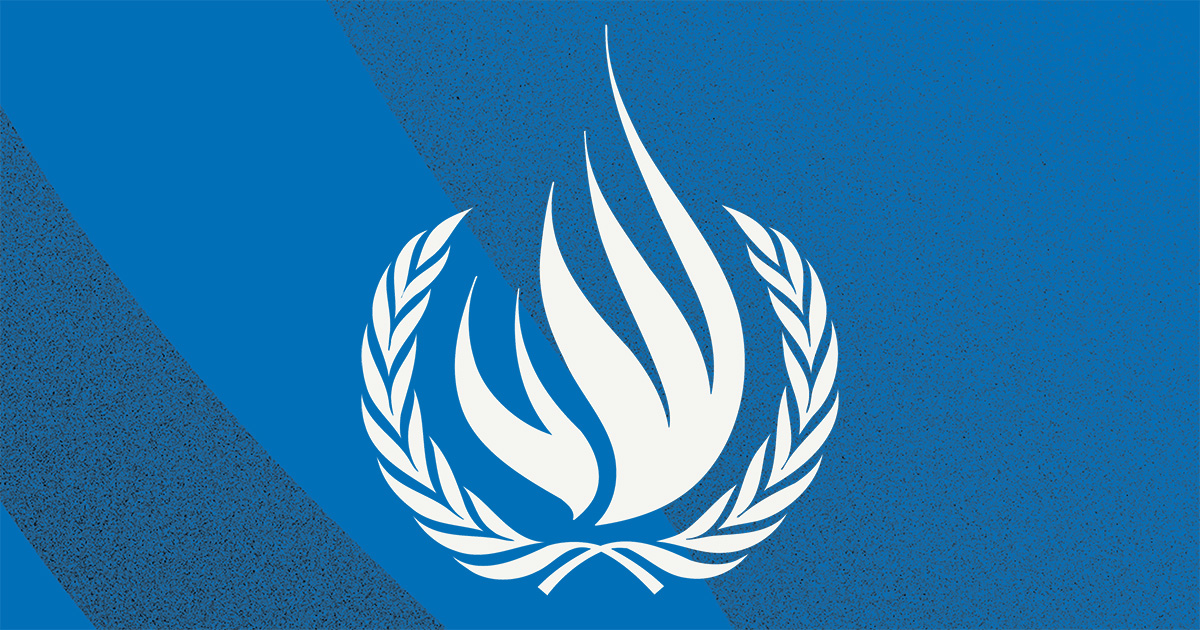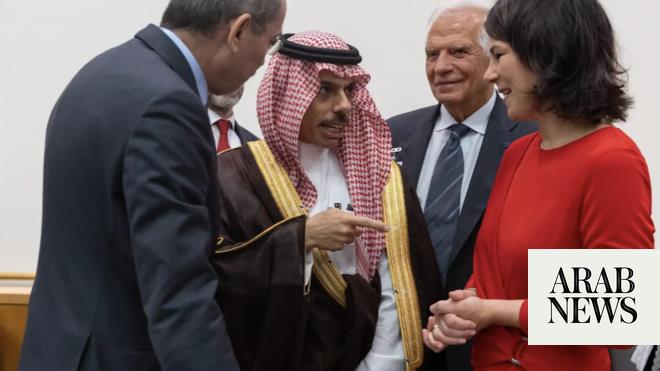
Saudi Foreign Minister Adel al-Jubeir stressed on Friday that terrorism and extremism are among the most important challenges facing the entire world, while highlighting Iran’s role in supporting terror.
Speaking before the United Nations General Assembly in New York, he added: “Our region has not been spared by terrorist organizations. We renew our call for intensifying international cooperation to eliminate all forms of terrorism and to drain its sources of funding and to punish those who support it.”
“Saudi Arabias efforts in this regard are clear to all,” he continued.
He noted Riyadh’s establishment of institutions dedicated to combating extremism and terrorism: the Global Center for Combating Extremist Ideology (Etidal), Islamic Military Counter Terrorism Coalition, which includes more than 40 countries, UN Counter-Terrorism Centre (UNCCT), which benefitted from a contribution of $110 million from the Kingdom.
Turning to Iran, Jubeir said that it “continues its terrorist activities and aggressive behavior. Saudi Arabia supports the new US strategy to deal with Iran, including seriousness in dealing with its nuclear program, the ballistic missile program and its support for terrorism.
“Saudi Arabia believes that achieving peace and stability in the Middle East requires deterrence of Irans expansionist and destructive policies,” he declared.
“Iran has formed armed terrorist militias, supplied them with ballistic missiles, assassinated diplomats, attacked diplomatic missions, incited sectarian strife and intervened in the affairs of the countries of the region. This aggressive behavior constitutes a flagrant violation of all international conventions and treaties, and Security Council resolutions, which has made Iran vulnerable to international sanctions,” stressed the minister.
On the dispute with Doha, he told the General Assembly that Saudi Arabia, along with the United Arab Emirates, Bahrain and Egypt have boycotted Qatar - “a state that supports terrorism, embraces extremists, disseminates hate speech through its media, and does not abide by its commitments under the Riyadh Agreement in 2013 and Riyadh Supplementary Agreement 2014.”
“Qatar continued its practice, which made its boycott an inevitable choice,” he added.
On Syria and its humanitarian crisis, he said: “Since the first day of this conflict, Saudi Arabia has taken care of the Syrian people and fulfilled Syrians aspirations to live safely in their land and to reach a political solution in accordance with the principles of the Geneva Declaration 1.”
“The Kingdom has worked to unite Syrian opposition so that it can negotiate with the regime to ensure the security and stability of Syria and its unity, and to prevent foreign interference.”
Turning to Libya, Jubeir stated: “Saudi Arabia stands in support of the legitimacy of Libya and the importance of adhering to the Skhirat Agreement to resolve its crisis. We also reaffirm our support for the efforts of the UN and its envoy, Ghassan Salame.”
The minister then went on to highlight Saudi Arabia’s humanitarian efforts, saying that it is one of the largest donor countries in the field. The Kingdoms assistance amounted to 3.7 percent of the Saudi GDP, surpassing the United Nations proposed rate of 0.7 percent.
“For centuries, the international system has been based on the principle of respect for national sovereignty and non-interference in the internal affairs of States,” he continued.
“The Kingdoms Government, under the leadership of Custodian of the Two Holy Mosques, King Salman bin Abdulaziz, and Crown Prince Mohammed bin Salman bin, has made man as the center of development and through the Kingdom’s Vision 2030 and by the use of the technologies of the era to achieve the development, to make our country a leading investment environment.
“The women in the Kingdom have an effective presence in all fields to enable them to achieve their full potential to contribute to development.
“The message of the Kingdom of Saudi Arabia is based on the sincere partnership with the world to have a prosperous present and bright future, and for the future generations to live in security, stability, and peace,” Jubeir said.











